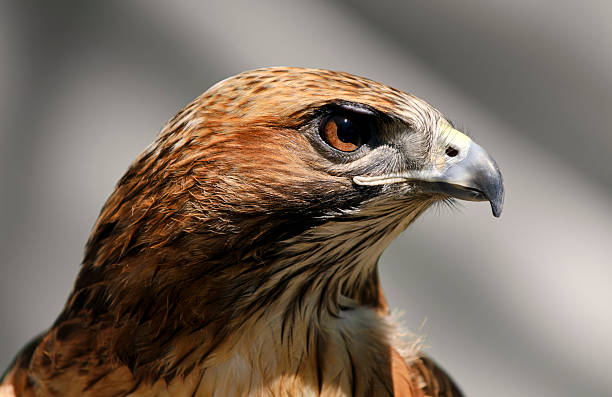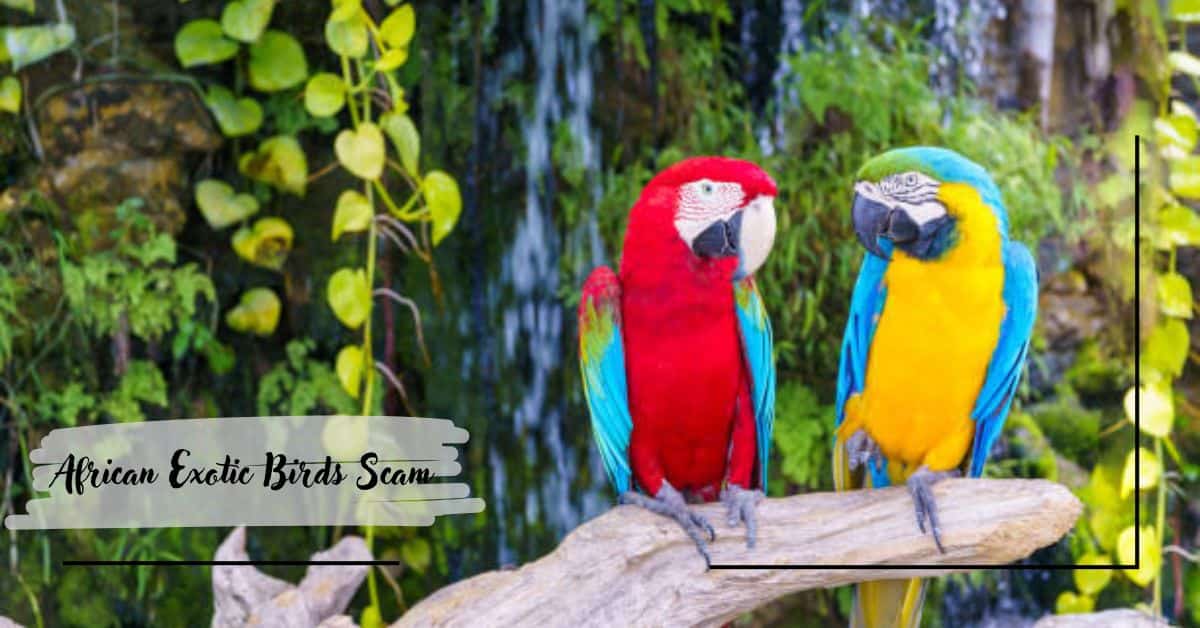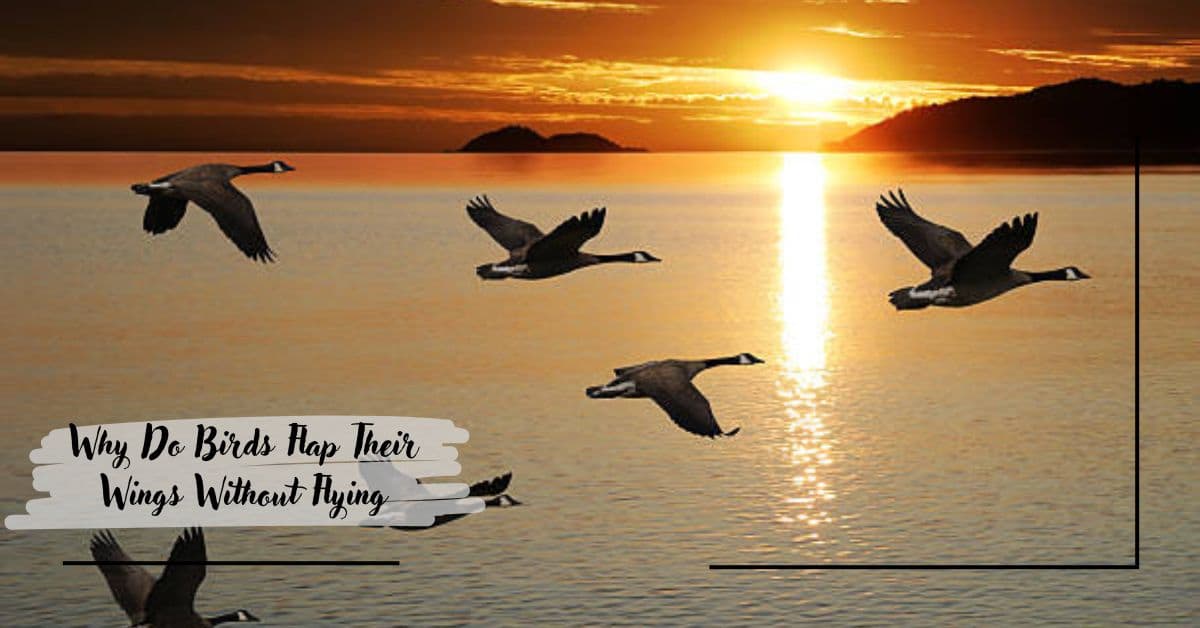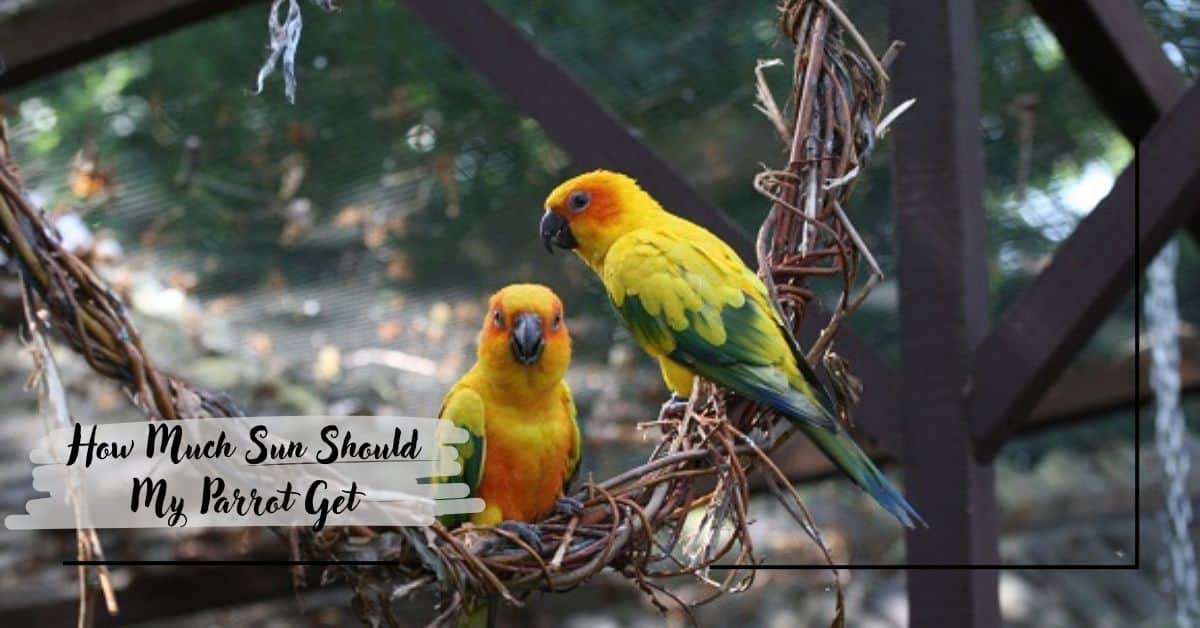Hawks do not hunt at night. They are diurnal birds, which means they are active and hunt during the day. Hawks have excellent vision that allows them to spot prey from great distances, but this vision is best in daylight. Because of their reliance on sight, hunting in the dark would be difficult and ineffective for them. Unlike nocturnal birds like owls, which have special adaptations for night hunting, hawks are built for daytime activity. At night, hawks rest and roost in safe spots until the sun rises again.
These powerful birds of prey have a fascinating daily routine that might surprise you. Let’s dive into the world of hawks and uncover when they’re most active.
Do Certain Hawks Hunt After Dark?
No hawk species are known to hunt exclusively after dark. While some birds, like owls, are adapted to hunt at night, hawks are not. However, there are rare occasions when certain hawk species might hunt during twilight hours, such as dawn or dusk, when light levels are low but not completely dark. Even then, their hunting ability is diminished compared to their daytime prowess.
Are Hawks Active at Night?:
Hawks are not active at night. They are diurnal birds, meaning they are most active during the day. Hawks rely on their excellent vision to hunt, and this vision is most effective in daylight. At night, hawks are at a disadvantage because their eyesight is not adapted to low-light conditions. As a result, hawks prefer to rest and sleep during the night, conserving their energy for hunting during the day.
Why Don’t Hawks Hunt at Night?
Hawks don’t hunt at night mainly because their eyes aren’t made for seeing in the dark. Unlike birds that hunt at night, hawks need good light to see their prey from far away. In the dark, their sharp vision doesn’t work as well. Also, the animals that hawks hunt, like small mammals, are more active during the day, which matches the hawk’s hunting times.
Why Are Hawks Better at Seeing in Daylight?
Hawks have eyes that are perfect for hunting during the day. They can spot even the smallest movements and details from high in the sky. But their eyes don’t have the special cells needed to see well in the dark, like some night-hunting birds do. This means hawks would find it hard to see and catch prey at night.
How Does Prey Activity Affect Hawk Hunting?
The animals that hawks hunt, like small mammals and birds, are busier during the day. They come out to find food and move around, making it easier for hawks to catch them. At night, these animals often hide and stay still, so hawks wouldn’t find much to hunt even if they could see better in the dark.
Do Hawks Ever Hunt at Dusk or Dawn?
While hawks usually hunt during the day, some might hunt a bit in the early morning or late evening when it’s still light enough for them to see. But they don’t hunt at night because they need daylight to see clearly. Most hawks stick to hunting when the sun is up.
What Are the Differences Between Hawks and Owls?
Hawks and owls are both birds of prey, but they have adapted to different lifestyles. Hawks are diurnal, meaning they hunt during the day, while owls are nocturnal, meaning they hunt at night. The key differences between them include:
Vision:
Hawks have excellent daytime vision, while owls have large eyes adapted for seeing in the dark.
Hunting Techniques:
Hawks rely on their speed and sharp talons to catch prey, often in open areas. Owls, on the other hand, have silent flight and acute hearing, allowing them to sneak up on prey in the dark.
Habitat:
Hawks often hunt in open spaces like fields or skies, while owls prefer forests and woodlands where they can use their stealth to hunt.
Why Aren’t Hawks Nocturnal Hunters?
Hawks are not nocturnal hunters because they lack the adaptations needed for nighttime hunting. Nocturnal hunters, like owls, have evolved features such as enhanced night vision, acute hearing, and silent flight to hunt effectively in the dark. Hawks, on the other hand, are built for daylight hunting, with sharp eyesight and speed. Nighttime hunting would put hawks at a disadvantage, making it difficult for them to spot and capture prey.

How Well Can Hawks See in Darkness?
Hawks can see in low light but not in complete darkness. Their night vision is slightly better than that of humans, but it’s far inferior to that of owls. Hawks depend on daylight to hunt effectively, and without sufficient light, their ability to see and hunt is greatly reduced. On a clear night with a bright moon, hawks might be able to navigate, but their hunting success would still be limited.
How Do Hawks Hunt During the Day?
Hawks are skilled daytime hunters, using a combination of sharp vision, speed, and stealth to catch their prey. They typically hunt by soaring high in the sky and spotting prey from a distance. Once they identify a target, they swoop down at incredible speeds, using their powerful talons to capture it. Some hawks prefer to hunt from a perch, where they can watch for movement below and then dive down on unsuspecting prey.
What Do Hawks Do at Night?
At night, hawks rest and sleep. They find a safe perch, often high in a tree or on a cliff, where they can be protected from nocturnal predators. Hawks don’t move around much at night and rarely fly. Instead, they conserve their energy for the next day’s hunting. Some hawks may return to the same roosting spot night after night, especially if it offers good protection.
What Are the Usual Hunting Hours for Hawks?
Hawks usually hunt during the day, with peak hunting times being early morning and late afternoon. These times coincide with when their prey is most active, such as small mammals, birds, and reptiles. Buteo hawks, like the Red-tailed Hawk, prefer hunting from mid-morning to mid-afternoon when they can ride thermal air currents. Accipiters, like the Cooper’s Hawk, may hunt throughout the day, using their agility and speed to surprise prey.
What Is the Typical Diet of a Hawk?
Hawks are carnivores, and their diet consists mainly of meat. The typical diet of a hawk includes:
- Small Mammals: Mice, squirrels, rabbits, and other small rodents.
- Birds: Hawks often prey on smaller birds, using their speed to catch them mid-flight.
- Reptiles and Amphibians: Lizards, snakes, and frogs are also common prey for hawks.
- Insects: Large insects like grasshoppers and beetles can be a food source, especially for smaller hawk species.
Are Hawks Attracted to Light?
Hawks are not generally attracted to light. Unlike nocturnal insects or some birds that are drawn to artificial lights, hawks do not seek out light sources. However, during twilight hours, hawks might be more active in areas where there is still some light, such as near streetlights or other artificial sources. This is not because they are attracted to the light but because they are extending their hunting period into low-light conditions.
Frequently Asked Questions:
Do hawks ever hunt during cloudy days or bad weather?
Hawks generally prefer clear, sunny days for hunting because their vision is best in bright conditions. On cloudy or rainy days, their hunting can be less effective, and they may hunt less frequently.
How do hawks find their prey?
Hawks use their sharp eyesight to spot prey from high in the sky or while perched on a tree. They can see small movements from a long distance and quickly swoop down to catch their target.
Do hawks migrate or stay in one place?
Some hawks migrate seasonally to find better hunting conditions or more suitable climates, while others stay in their home areas year-round if food and shelter are available.
How do baby hawks learn to hunt?
Baby hawks, or fledglings, learn to hunt by watching their parents. Over time, they practice flying and catching small prey under the guidance of their parents until they are skilled hunters themselves.
Can hawks see color?
Yes, hawks can see a range of colors, including some that humans cannot. This ability helps them spot prey more effectively against various backgrounds.
Are there any special sounds hawks make?
Hawks are known for their distinctive calls or screeches. These sounds can be used to communicate with other hawks, mark their territory, or signal distress.
What kind of nests do hawks build?
Hawks build large, sturdy nests high up in trees, on cliffs, or even on buildings. They use sticks, leaves, and other materials to create a safe and comfortable place for their eggs and young.
Do hawks eat anything besides meat?
Hawks are strictly carnivores, meaning they only eat meat. They do not consume fruits, seeds, or plants. Their diet mainly consists of small mammals, birds, reptiles, and insects.
To Sum Up:
Hawks don’t hunt at night and in the dark. Hawks are daytime hunters with keen eyesight that makes them masters of the daylight skies. They don’t hunt at night or in low light because their vision isn’t suited for darkness. Instead, they rest and recharge at night, ready to soar and hunt with the sunrise.








